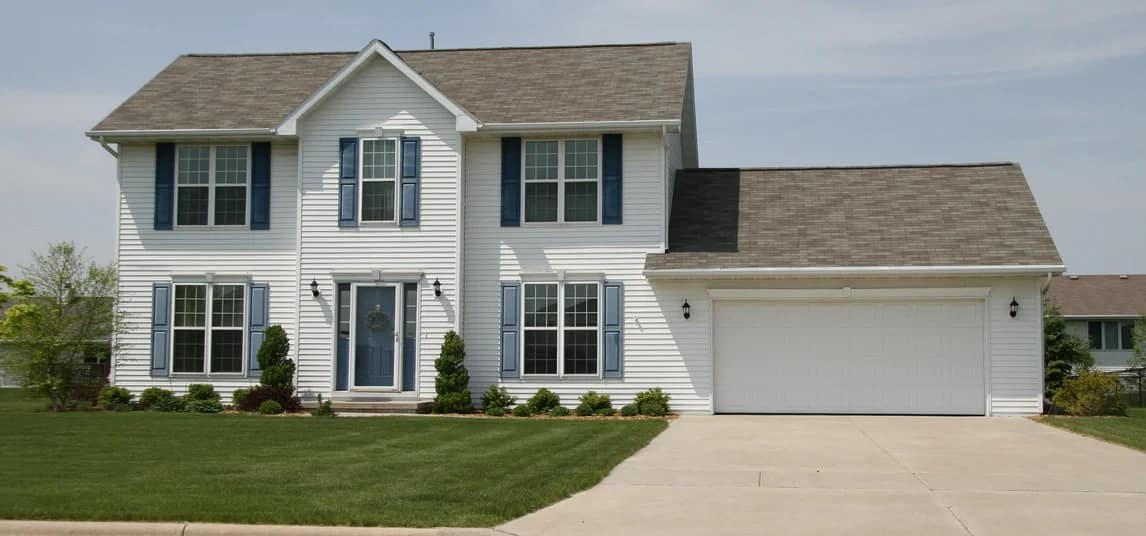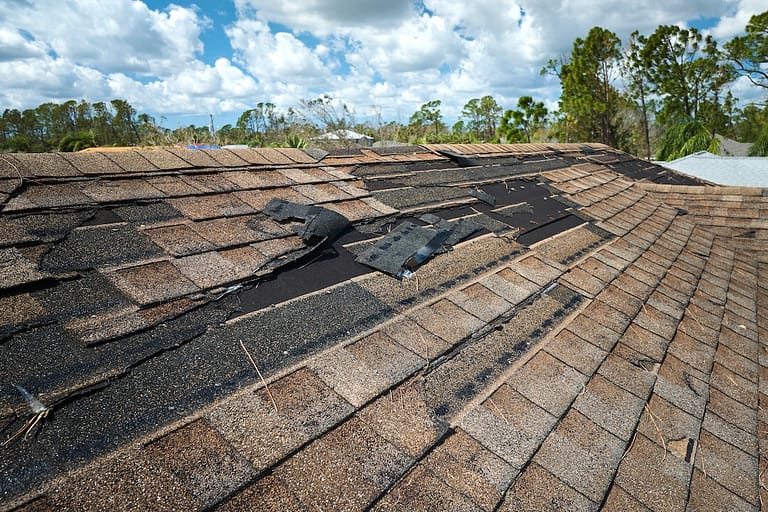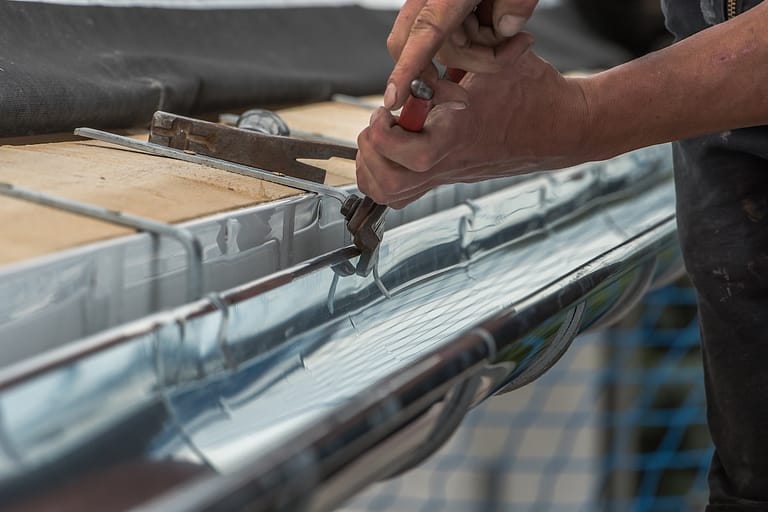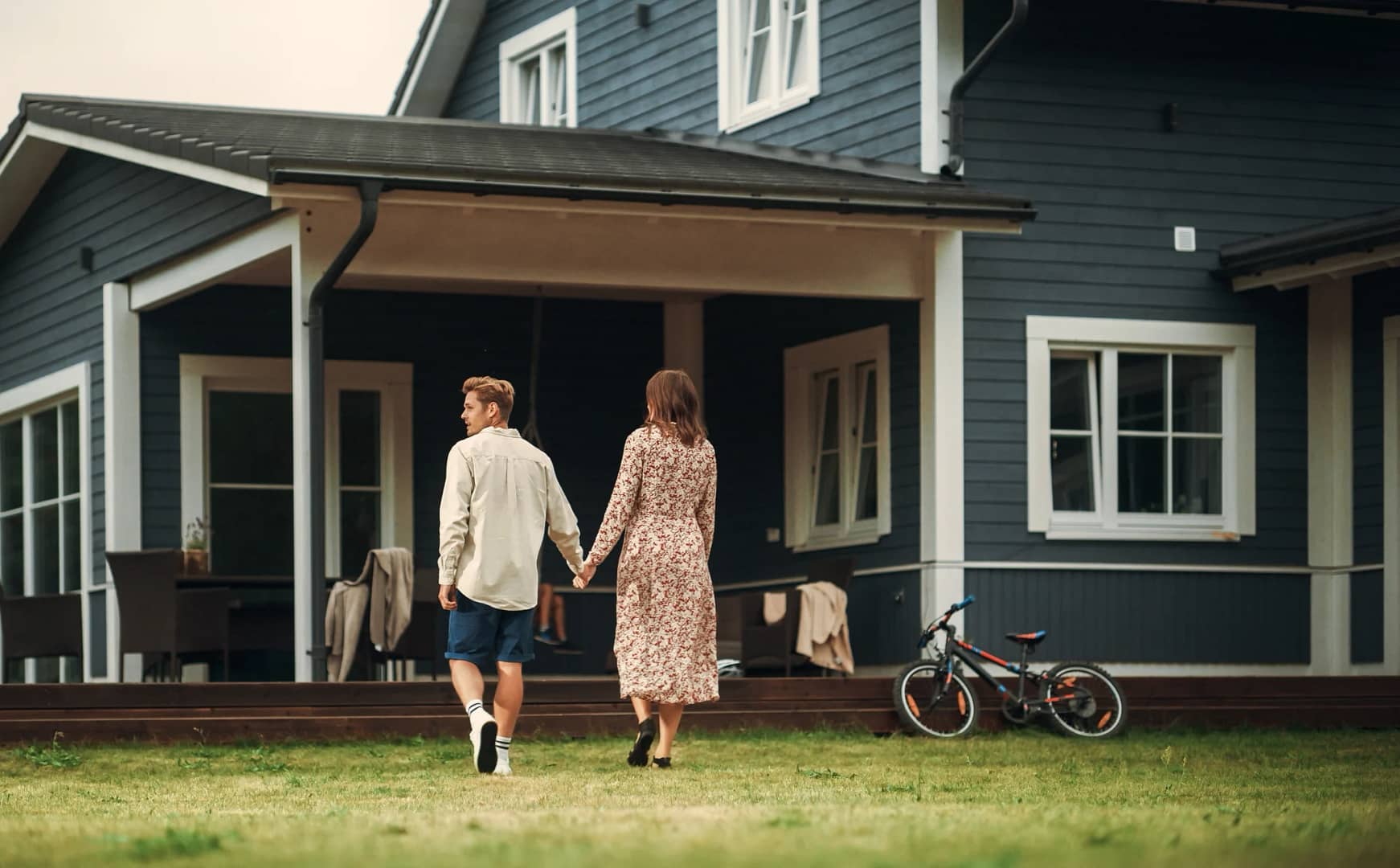Some siding colors come and go, but others never stop looking good. If you’re planning to update your home’s exterior, choosing vinyl siding colors that stand the test of time is one of the smartest decisions you can make. It’s not just about keeping up with trends; it’s about picking a look you’ll still love in 10, 15, or even 20 years. Whether your goal is boosting curb appeal, improving resale value, or simply giving your home a fresh new feel, timeless colors offer a balance of style and longevity that trendy shades often can’t.
At O’Donnell Roofing, we’ve helped hundreds of homeowners across Pennsylvania transform their exteriors with vinyl siding that’s both beautiful and low maintenance. In this guide, we’ll walk you through how to know when it’s time to replace your siding, why vinyl continues to be a top choice, and which vinyl siding colors never go out of style. We’ll also share practical tips for choosing a color that works with your home’s architecture, your neighborhood, and your long-term goals.
Key Takeaway:
- A well-chosen, timeless color helps your home stand out in the right way
- Classic siding colors age better and won’t go out of fashion in a few years
- Timeless colors like white, beige, gray, and slate boost curb appeal long-term
- Choosing the right vinyl siding color now can increase your home’s value later
- You’ll spend less time second-guessing your decision (and more time loving it)
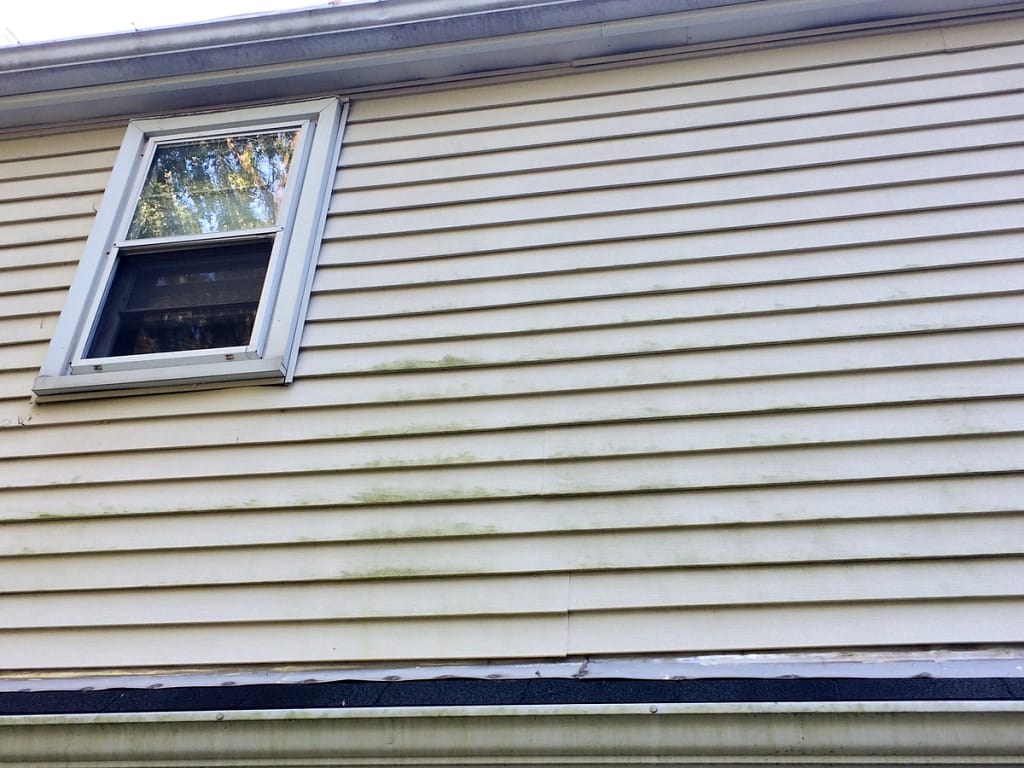
When Should You Replace Your Vinyl Siding?
Before choosing new vinyl siding colors, it’s important to make sure your current siding isn’t holding your home back. Even the most timeless color won’t deliver the look you want if it’s installed over siding that’s cracked, warped, or badly faded. When your siding shows clear signs of wear, replacement is often the first step toward making any color upgrade truly shine.
Here are the key signs it might be time for a full replacement:
- Visible Damage: Cracks, warping, or holes can allow moisture to penetrate your walls, leading to rot, mold, and costly structural issues.
- Fading or Discoloration: Sun exposure over time can dull even the boldest vinyl siding. If colors look washed out or uneven, replacement is your best bet.
- High Maintenance Hassles: Constant repainting or patching means your siding is past its prime. Today’s vinyl options are built to last with far less upkeep.
- Rising Energy Bills: Older siding often lacks insulation, letting heat escape in winter and build up in summer, impacting comfort and utility costs.
- Mold or Mildew: If your siding is trapping moisture, it can become a breeding ground for unhealthy mold growth.
- Bubbling or Blistering: These are signs of trapped moisture beneath the surface, an early warning of siding failure.
If you’re seeing one or more of these signs, new vinyl siding isn’t just a cosmetic choice; it’s a smart investment in your home’s protection and resale value.
The Pros and Cons of Vinyl Siding
If you’re thinking about upgrading your exterior with a fresh look that lasts, vinyl siding is a strong contender. It’s one of the most popular siding options for homeowners, and especially appealing if you’re considering vinyl siding colors that will never go out of style. Like any material, it has both strengths and trade-offs. Here’s what to consider before making your final decision:
Pros of Vinyl Siding:
- Durable and Weather-Resistant: Built to withstand harsh elements like rain, snow, hail, and high winds without cracking or peeling.
- Low Maintenance: No need for sanding, painting, or staining. A quick rinse with a hose is usually all it takes to keep it looking clean.
- Timeless Style Options: Available in classic profiles like horizontal lap, vertical board-and-batten, and cedar-look shake, plus a wide range of vinyl siding colors that suit any home style.
- Cost-Effective: Vinyl siding typically has a lower upfront cost and fewer long-term maintenance expenses compared to wood or fiber cement.
- Energy Efficiency Options: Many lines now offer insulated backing to help regulate temperature and reduce energy use.
- Pest-Resistant: Unlike wood, vinyl won’t attract termites or carpenter ants.
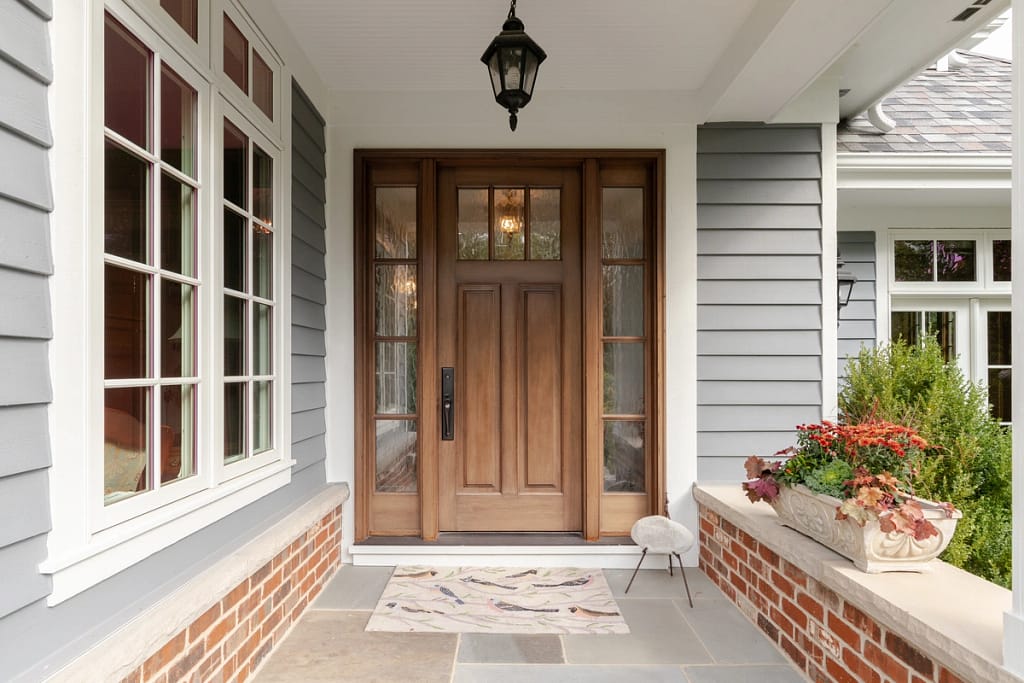
Cons of Vinyl Siding:
- Environmental Impact: Made from PVC, vinyl siding isn’t as eco-friendly to produce as natural materials.
- Replacement Challenges: If a panel gets damaged, matching the original color or style later can be difficult, especially if it’s been discontinued.
- Fading Over Time: Some colors, especially darker tones, may fade with prolonged sun exposure. However, many modern products offer UV-resistant technology and fade protection warranties.
- Appearance Limitations: Up close, vinyl can still lack the depth and texture of real wood, though newer products are getting closer in look and feel.
Many of today’s vinyl siding colors are designed with realistic woodgrain finishes and enhanced fade protection so you can enjoy a classic, low-maintenance look for decades without sacrificing style.
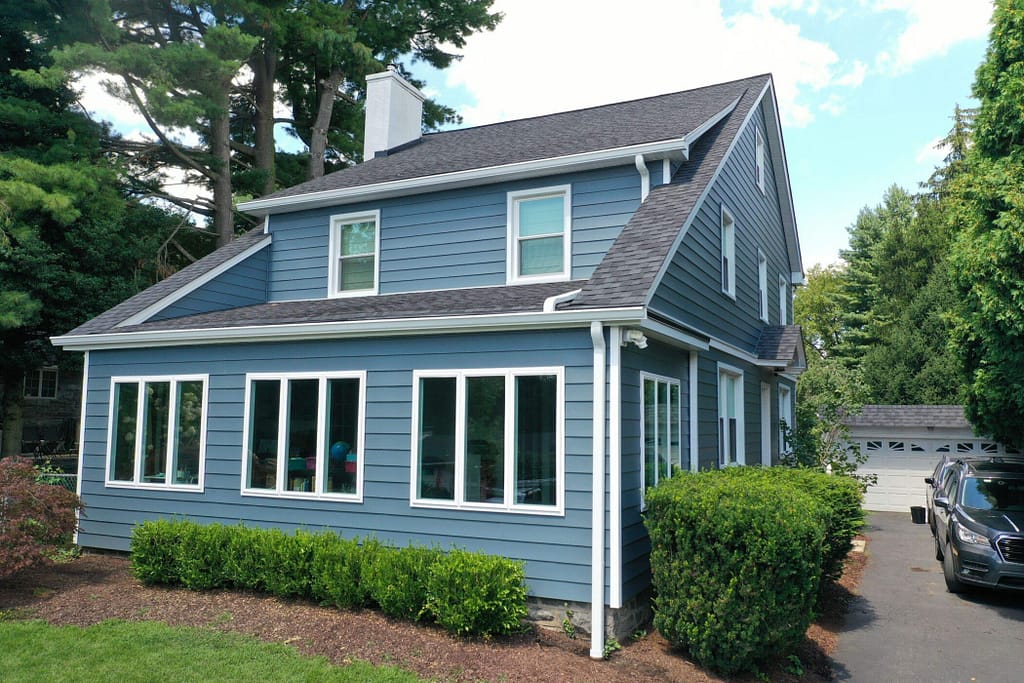
10 Vinyl Siding Colors That Never Go Out of Style
Your siding color plays a major role in how your home looks and feels, and some colors have stood the test of time for good reason. The right vinyl siding colors can enhance architectural details, complement landscaping, and provide long‑lasting curb appeal without feeling dated years later.
Below are ten enduring vinyl siding colors that have remained popular with homeowners and designers alike. These hues work beautifully on a wide range of home styles and pair well with classic trim and roofing combinations, making them solid choices whether you’re planning a timeless update or a long‑term exterior design.
1. Classic White
Clean, timeless, and universally appealing.
White siding never goes out of style. It creates a crisp, polished look that works beautifully across colonial, farmhouse, coastal, and modern homes. Whether you pair it with black shutters for high contrast or soft trim for a subtle effect, white remains the most versatile and enduring choice.
2. Soft Gray
Elegant, understated, and endlessly adaptable.
Soft gray offers a modern yet approachable aesthetic that complements nearly any home style. It softens sharp architectural lines and pairs well with both cool and warm trim colors, think navy blue, bright white, or even wood tones.
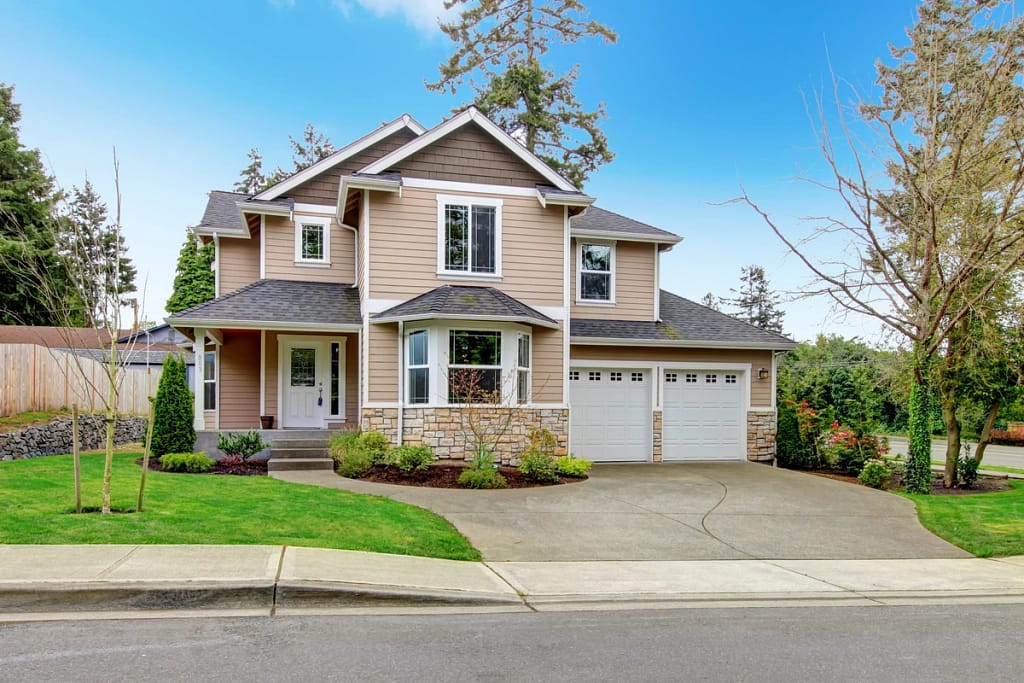
3. Beige / Tan
Warm, welcoming, and naturally classic.
Neutral beiges and tans blend effortlessly into their surroundings. They evoke warmth without being too bold and work especially well with homes surrounded by trees or stonework. These tones give a home a grounded, timeless presence.
4. Slate or Charcoal Gray
Bold, sophisticated, and beautifully modern.
Darker grays like slate and charcoal make a strong architectural statement while remaining classic. They offer a sense of depth and drama and are ideal for minimalist, modern, and craftsman-style homes. They look stunning with white, wood, or metal accents.
5. Navy Blue / Deep Blue
Classic with coastal charm and strong curb appeal.
Deep blues have an inherently calming effect. Navy is refined and stately, making it perfect for traditional homes, while also offering a nautical or coastal twist when paired with white trim or shingle-style siding.
6. Sage Green
Soft, nature-inspired, and quietly stylish.
Sage green brings a subtle sense of serenity to a home’s exterior. It’s especially popular in garden-style, cottage, and ranch homes. Sage pairs beautifully with stone foundations, cream trim, or rustic wood accents
7. Olive Green
Earthy, rich, and full of character.
Olive is deeper and moodier than sage, with a refined, organic feel that adds personality without being loud. It pairs wonderfully with darker roofing, bronze accents, or natural materials like cedar and brick.
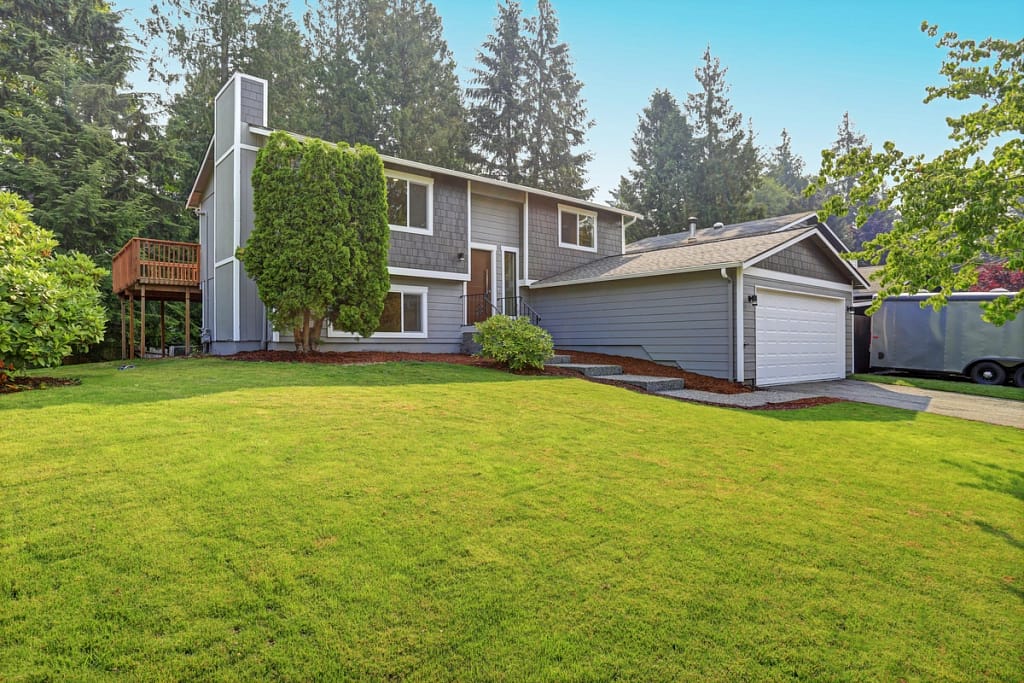
8. Cream / Off-White
Soft, timeless, and full of charm.
Cream siding offers a warmer take on classic white. It feels cozy and traditional, but not outdated. Perfect for older homes, bungalows, or anywhere you want a softer exterior palette that ages gracefully.
9. Clay / Taupe
Grounded, elegant, and universally flattering.
Clay and taupe tones strike a beautiful balance between warm and cool. They suit both rural and urban homes, and they pair well with a variety of trim shades, from crisp white to dark brown, making them a favorite among designers.
10. Light Blue / Sky Blue
Fresh, friendly, and full of charm.
Light blues have a cheerful quality that brightens up any home. Perfect for coastal, cottage, or Cape Cod-style homes, sky blue siding adds personality while remaining easy on the eyes and forever appealing.
Remember that the best vinyl siding color for your home depends on various factors, including your personal preferences, the architectural style of your home, and the colors of neighboring houses. It can be challenging to mix and match your siding, trim, and roofing colors.
Color Selection Tips:
- Use Visualization Tools – Try the CertainTeed ColorView Tool to test combinations on your actual home.
- Consider Resale – Grays, whites, and earth tones tend to have broader buyer appeal.
- Factor in Fade Resistance – Especially for bold colors like red, blue, and charcoal, ask about UV-resistant finishes and fade warranties (20–30 years is now common!).
We also suggest creating a mood board like the one below to help you find the perfect combination of exterior colors for your home.
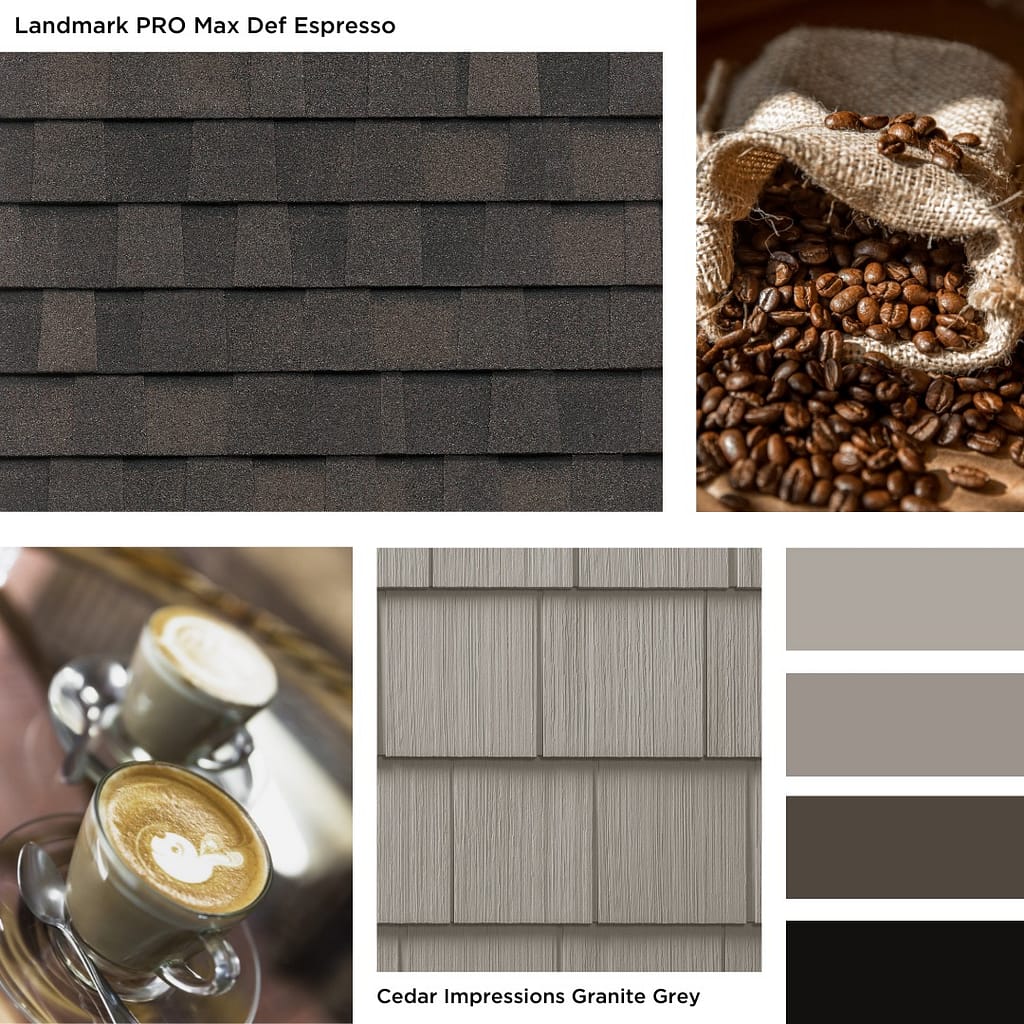
Quick Tips for Choosing the Right Vinyl Siding Color
Choosing the perfect siding color doesn’t have to be overwhelming. With a few smart considerations, you can find a vinyl siding color that not only enhances your home’s beauty but also stands the test of time. Here’s how to narrow down your options with confidence:
1. Match Your Architectural Style
Certain colors just belong with specific home styles. Use your architecture as a starting point:
- Colonial & Traditional: Classic White, Cream, Soft Gray
- Modern & Minimalist: Charcoal Gray, Navy Blue, Slate
- Craftsman & Farmhouse: Sage Green, Olive, Taupe, Clay
- Cottage or Coastal: Light Blue, Off-White, Beige
2. Consider the Surrounding Landscape
Your surroundings can guide your palette toward harmony:
- Wooded or Rural Settings: Earthy tones like Olive, Sage, Taupe, Clay
- Suburban & Urban Areas: Gray, Navy Blue, Beige, Charcoal
- Coastal or Waterfront Homes: Soft Blue, White, Cream, Sand-tone Neutrals
3. Coordinate with Your Roof and Trim
Your siding should complement, not compete, with your roof and trim:
- Warm Roofs (Brown, Terracotta, Bronze): Pair with Beige, Red, Olive, Cream
- Cool Roofs (Gray, Black, Slate): Match with White, Blue, Gray, Sage
- Trim Ideas: Crisp white offers contrast; warm wood tones add depth; black trim modernizes
4. Think About Long-Term Style + Resale
Timeless colors aren’t just easier to live with; they also appeal to future buyers:
- Safe & Stylish: Neutrals like White, Gray, Taupe, and Sage
- Confident & Bold: Navy, Brick Red, Olive; go bold, but choose high-quality fade-resistant siding if using darker tones
- Low Maintenance: Lighter shades tend to show less dirt and wear over time
Pro Tip: Always test colors on different sides of your home. Natural light can drastically change how a shade looks between sun and shadow.
Let O’Donnell Help You Choose the Perfect Siding Color
Choosing the right vinyl siding color can feel like a big decision, but you don’t have to make it alone. At O’Donnell Roofing, we’ve been helping Pennsylvania homeowners find siding solutions that are both beautiful and lasting for over 100 years.
From selecting timeless vinyl siding colors that elevate your home’s curb appeal to expert installation that ensures your exterior holds up for decades, we’re here every step of the way.
Ready to explore your options? Contact us today for a siding consultation, and let’s bring your exterior vision to life with confidence!
FAQs
Do darker vinyl siding colors fade faster?
Yes—darker colors absorb more UV rays and historically faded more quickly. However, most leading brands now offer UV-resistant coatings and color protection warranties that extend the life of bold shades like deep blue, red, or charcoal.
Do different brands have unique warranties on color fading?
Yes, warranties vary, with some offering lifetime fade protection or coverage for 20+ years.
How do I choose the right siding color for my home?
Consider your home’s architectural style, roof color, and surrounding environment. Visualization tools from brands like CertainTeed can help.
Can I paint vinyl siding if I change my mind later?
Yes, but it’s not ideal. Vinyl siding is designed to hold its factory color. If you must paint, use vinyl-safe exterior paint and check with the manufacturer—painting may void the warranty.
